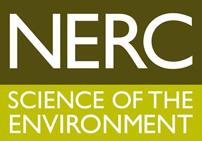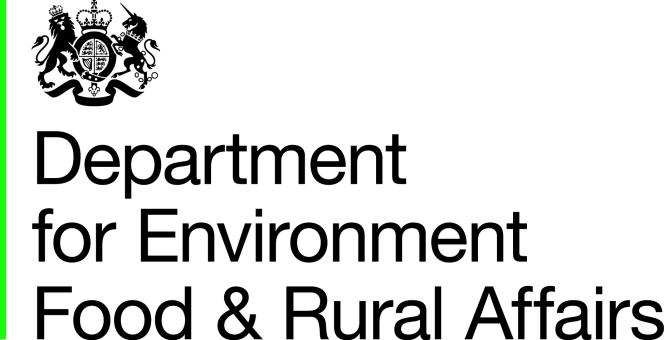
Isaac Newton Institute
Background
The numerous processes and interactions around landscapes, present significant challenges for stakeholders who need to make better evidence-based decisions, necessary for planning and management of the various landscape domains in the UK. Landscapes are always changing too - shaped by various interactions between geographical, climatic, socio-economic pressures and the dynamics of ecological systems. So making such decisions are often fraught with risk and complexity.
Within landscapes, numerous processes operate and interact across different spatial and temporal scales. As well as physical and biogeochemical factors, anthropogenic (human) activity also has a big impact on landscape structures and this makes it extremely challenging to try to understand causal relationships between these structures and processes. Furthermore, decisions need to be made about the future of landscapes amidst uncertainties in climate, social and economic environments, all of which can have a significant impact on landscapes.
It’s clear that better methodologies need to be developed in order to capture the complexity and uncertainty inherent in landscape decision-making. Mathematical and statistical modelling techniques are a powerful tool to aid decision-making since they provide a way to combine different spatial and temporal processes as well as incorporate future uncertainty. However, a number of statistical and mathematical challenges need to be overcome, in order to ensure the accuracy and usefulness of these approaches for decision-makers.
This knowledge exchange workshop was part of the one month Research Programme at the Isaac Newton Institute (INI) on Mathematical and Statistical Challenges in Landscape Decision Making It formed day 1 of the three day research workshop on Current status and key questions in Landscape decision-making.
Aims and Objectives
This workshop aimed to set the scene on current decision-making approaches and help define policy-relevant areas where advances in mathematical and statistical modelling would be particularly valuable. It was of interest to researchers from a number of areas including mathematics, statistics, environmental science, geography, ecology and biology, as well as stakeholders from government/public sector, business, and other organisations involved in urban planning, coastal/inland waters and land conservation and management.
The day featured talks from academic researchers and stakeholders to highlight the needs for and challenges associated with landscape modelling, as well as relevant advances in mathematical and statistical modelling techniques. Session one set the scene in terms of stakeholder needs for landscape models and the interacting components of landscapes that need to be represented in such models. This was followed by Sessions 2, 3 and 4 which included presentations from academics and stakeholders describing the state-of-the-art in landscape modelling from the rural, urban and coastal/inland waters domains.
The focus for the day was matching the challenges faced by stakeholders involved in the management and planning of different landscape domains in the UK with advances in modelling approaches. It was intended that this will reveal key knowledge gaps and research questions that can be explored during the following one-month INI research programme, which runs 3rd July to 2nd August 2019.
Posters
There was a poster exhibition which ran alongside the workshop and during the drinks reception.
Registration and Venue
A registration fee was charged to cover direct costs of attendance at this event. This was £25 for academic and public sector attendees and £50 for industrial attendees.
There was no fee for registered participants of the INI Mathematical and Statistical Challenges to Landscape Decision Making.
The workshop took place at the Isaac Newton Institute for Mathematical Sciences in Cambridge. Please see the Isaac Newton Institute website for further information about the venue.



